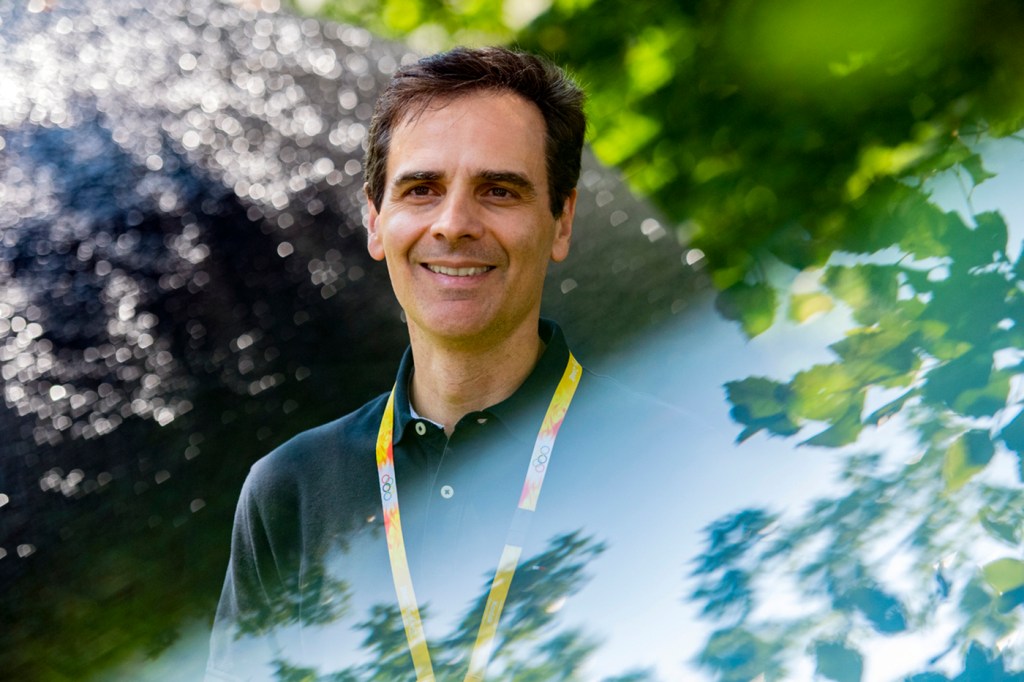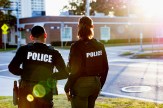He’s on a research mission to keep Olympic athletes healthy

Just five months after he departed the Summer Olympics in Tokyo, Alexandre Lopes, a Northeastern professor, is preparing to attend his eighth Olympics Games. He is part of an international panel that will research the health of athletes at the Winter Games in Beijing, which officially open Feb. 4.
“I’m very excited,” says Lopes, a clinical professor in physical therapy, movement, and rehabilitation sciences. “I’m a big fan of sports. If I have an opportunity to visit at least one venue every day, I will try to do it.”
For the past five years, Lopes has contributed to reports that have helped the International Olympic Committee and its sports federations develop plans to help prevent injuries among athletes.
Lopes served as a physical therapist to athletes from his native Brazil in track and field and bobsled at the Olympics from 2002 to 2012. This trip will mark his first return to Beijing since it served as host to the 2008 Games, which Lopes remembers well.
“I have some special feelings for 2008 because it was my first Summer Olympics,” says Lopes. “I had the opportunity in the dining hall to meet Michael Phelps.”
Phelps, the American swimmer, won every event he entered to earn an Olympic-record eight gold medals in Beijing. Lopes also met Pelé, a fellow Brazilian known as the greatest soccer player of all time.
The women’s long jump in Beijing was won by Brazil’s Maurren Maggi—another fond memory for Lopes.
“It was so nice to experience that feeling because she had been my patient,” he says. “And now she was my colleague and my friend.”
Lopes began working as a researcher at the 2016 Games in Rio de Janeiro. The information gathered by Lopes and his colleagues provides guidance to sports federations—as well as athletes, physical therapists, athletic trainers, and coaches—to help avoid and navigate injuries across all athletic disciplines.
The compressed schedule between the Tokyo and Beijing Olympics was caused by the COVID-19 pandemic, which forced the Summer Games in Japan to be postponed from its original date in 2020.
Last summer in Tokyo, Lopes was under quarantine for two weeks before being able to sightsee Tokyo for the final days of his visit. In Beijing, he will remain within the Olympic bubble throughout his stay of more than three weeks.
He is looking on the bright side: The bubble will be extended to include all of the athletic venues as well as the Olympic Village, enabling him to visit the competitions while also collecting data. He’s especially looking forward to watching the bobsled competition, which will bring back memories of the work he used to do with the Brazilian team.
“I’ll be able to go to all of these places with no restriction, using the official transportation,” Lopes says. “Mainly I will be in the village in Beijing. But the key point is to have the opportunity to visit the venues.”
For media inquiries, please contact Marirose Sartoretto at m.sartoretto@northeastern.edu or 617-373-5718.






